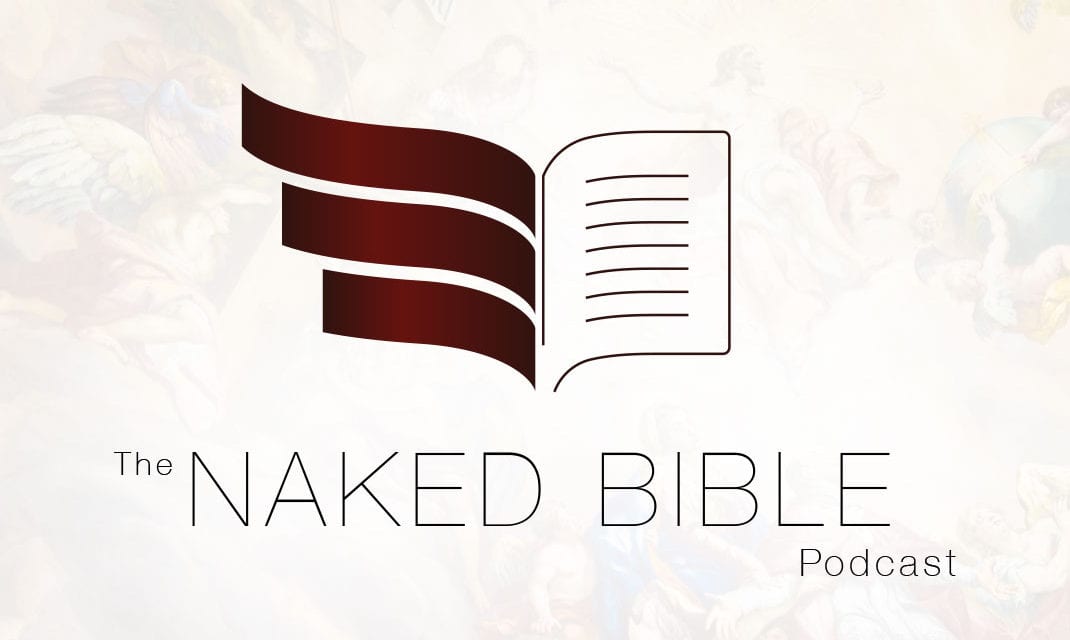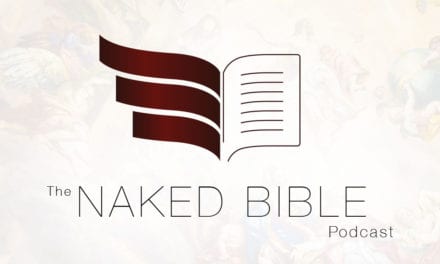The New Apostolic Reformation (NAR) seems to quite clearly justify labeling it a movement or denomination. Millions of people around the world are part of its network of churches. However, many NAR leaders and advocates deny that it’s a denomination or movement. Many Christians who are attracted by NAR teachings and practices have no idea that something called the NAR even exists. For those aware of its influence and presence within Christianity, the NAR has branded itself as representing the return of authoritative apostles and prophets to the modern church, complete with miracles such as healing and raising the dead. On this episode, we talk to Holly Pivec, and authority on the NAR, to learn what it is, what its defining characteristics are, and how we should think about its teachings.
The episode is now live.






Hey Michael – been following your stuff for a long time. Still listening to this episode so my thoughts are a bit of stream of consciousness:
First of all, these are just charismatic groups. Some are more eccentric than others, some are more theologically solid. Why does someone in “NAR” not know they are: the reason is because this is not some sort of organized group (which she does get to at the end). The people mentioned, Peter Wagner, Bill Johnson, Mike Bickle, Lou Engle, Che Ahn, (not mentioned is Lance Walnau but his 7 mountain mandate stuff was referred to), Michael Brown – these people may be friends (sometimes), and visit each others’ churches or ministries, but they have not agreed on some sort of unified statement, they don’t all agree on all tenants of Christian expression, they have (wildly) differing eschatological beliefs, ministry structures, ministry styles and values, and they do not (usually) exalt one another as “apostles.”
Their unity is only the charismatic belief that “the gifts are for today.” NAR teachings are not a thing (because NAR is not a thing). What Holly is describing is modern charismatic expression that often emphasizes the priesthood of all believers and the 5-fold ministry for all believers, fasting lifestyle, prayer, “spiritual warfare” (that can be controversial and even within these groups there are various schools of thought), healing is for today, speaking in tongues, prophetic ministry (also extremely varied between groups), and deliverance ministry (also lots of schools of thought) – they are also tend to lean sola Scriptura. The International House of Prayer leans more Reformed with strong Piper influence along with Michael Brown, whereas I’d say Bethel leans more N.T. Wright – but even within the same group, there are diverse theological viewpoints – and yes, there are theological viewpoints in there. I just don’t think you can lump groups together with different soteriology because they both have people on their pastoral staff they refer to as “prophetic.”
Concerning authoritative structures are not really something new in the Church, and these groups are still finding their footing. And the practices of non-cessationism is not a shocking new movement in my opinion.
I do want to correct a massive inaccuracy: Holly said that Mike Bickle at the International House of Prayer said that believers were going to call down plagues – that is not accurate. They also no longer have any “prophets or apostles” operating in any authoritative office (if that’s the litmus test). Bickle’s references to “apostolic prayers” is just praying the Bible prayers that the apostles prayed. He emphasizes praying the Bible quite heavily.
Wimber didn’t distance himself from the idea of healing and miracles, he did distance himself from prophets-without-accountability – that’s an important distinction. Pastors shouldn’t be without accountability, neither should Elders, Bishops, Pope’s or “Prophets” – whatever the terminology we’re using. People going buck-wild without the ability to bring correction while leading a bunch of people is fundamentally problematic – in any “movement.”
It’s condescending to imply that people in this “movement” don’t know the Gospel. 🙁 There may be some whack (IMO) ideas mixed in there about spiritual warfare or engaging principalities in prayer, but there are lots of sincere people who love Jesus, have orthodox theology, and know the Gospel.
Holly’s summary of “Christ suffered so we don’t have to” again is wildly inaccurate – that may be more true of what we’d term “evangelical prosperity Gospel.” The big players, I’d say Bill Johnson, Mike Bickle, Karen Wheaton, Lou Engle and Che Ahn – are all huge advocates of the “Sermon on the Mount lifestyle” which embraces suffering.
Ugh, just disheartening that after spending what I assume is a fair amount of research, her summary is so flawed. It doesn’t peg the movement well, using the NAR term is really dated and inaccurate, and it doesn’t even really hit the “best” flaws or controversial points. If you really want to, throw in some Kansas City Prophets, and ‘manifest sons of God’ doctrine in there – but even those are old-controversies by now. And don’t name it off of something Peter Wagner said in the 90’s – he has very little influence on the “global movement” if you will. If you or Holly have questions of someone actually familiar with these groups – ask away. I’m also going to get with some friends to write a proper dissertation on what it is and what it isn’t.
In doing a little leg-work research, I came across this statement from the International House of Prayer, which may be helpful.
http://www.ihopkc.org/press-center/faq/ihopkc-part-new-apostolic-reformation/
This was an interesting episode. Since Dr. Michael Brown (whose radio shows I really like and frequently listen to) was mentioned, I would like to point out that he had an entire show devoted the NAR issue, including an honest but friendly interview with Bill Johnson from Bethel during which he confronted him with some of the more controversial teachings. He also addressed the Todd Bentley phenomenon.
https://askdrbrown.org/library/dr-brown-answers-questions-about-new-apostolic-reformation-pastor